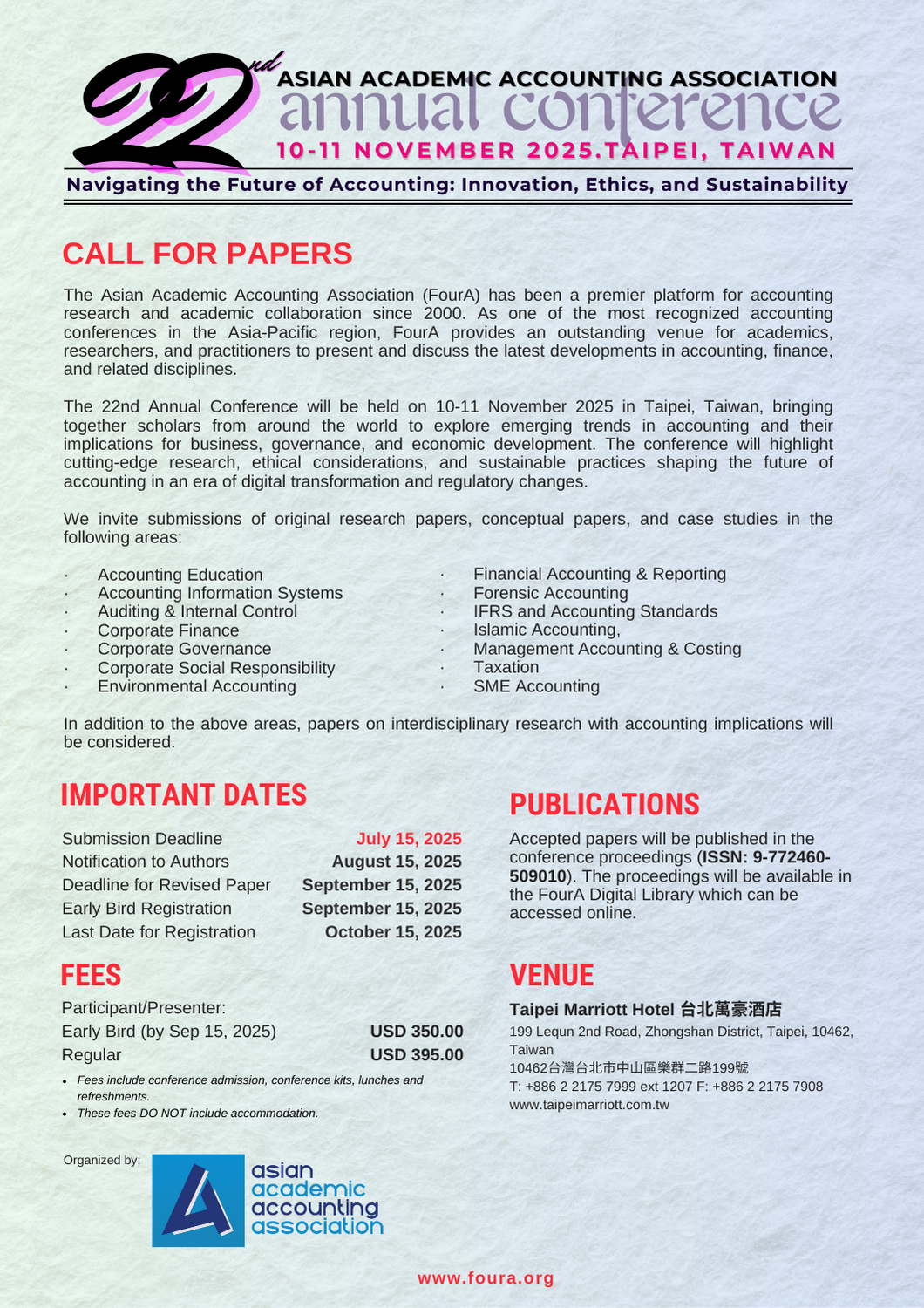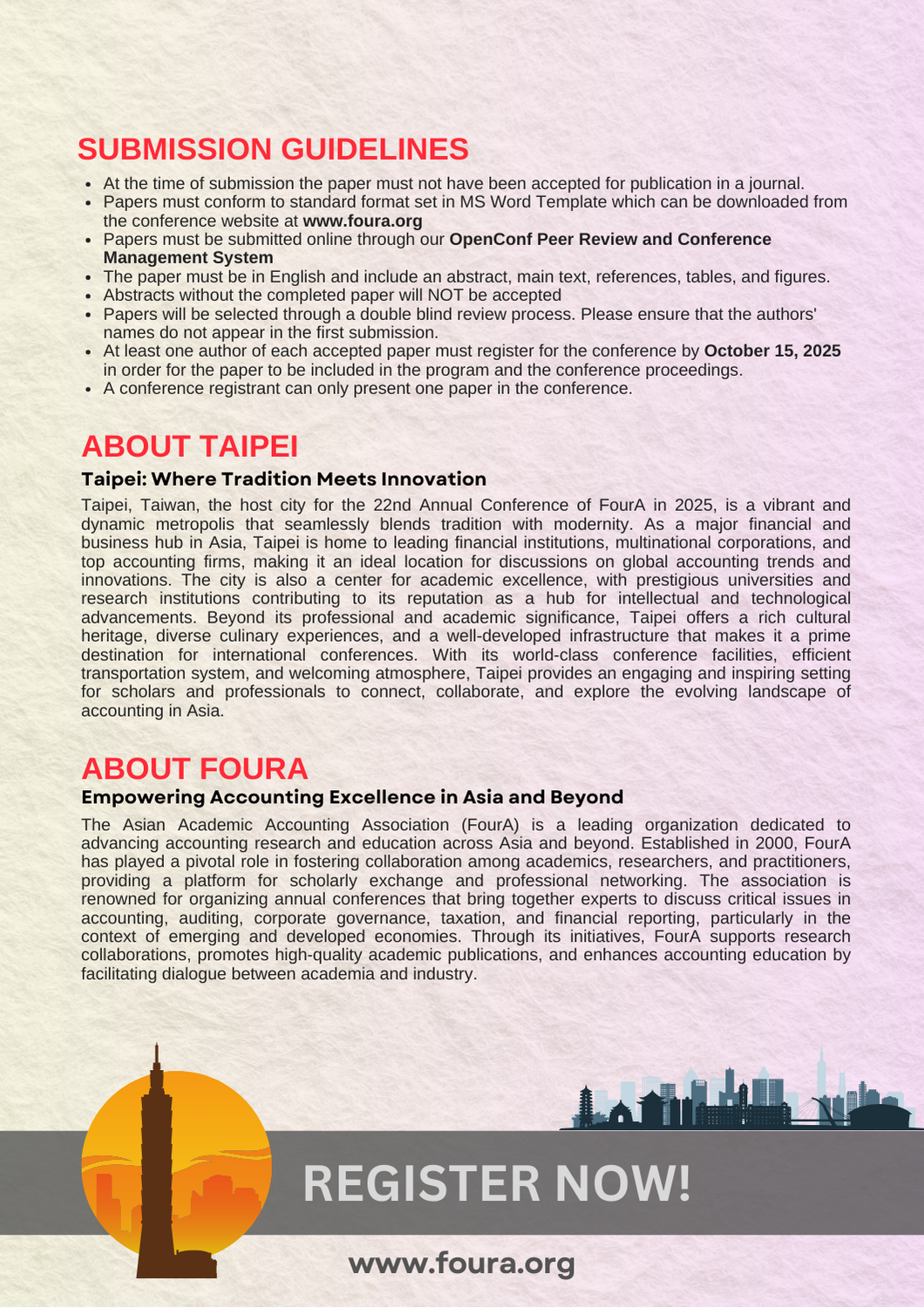Green Strategy and Its Benefits: An Empirical Study of the Hotel Industry in Thailand
- Category: FourA 2017
- Author: Tyge-F Kummer, Komkrit Singjai, Lanita Winata
-
Link:

Review
The tourism industry is one of the main industries that drives Thailand’s economy. However, the poor performance in environmental sustainability endangers the tourism competitiveness of the nation. This study aims to identify the specific benefits from the adoption of proactive environmental strategy (PES) in the hotel industry in Thailand in order to encourage more hotels to implement green strategies and to improve travel and tourism competitiveness. The paper-based questionnaires were distributed at a major conference organised by the Green Leaf Foundation. Structural equation modelling (SEM) was employed using partial least squares (PLS) with SmartPLS 3.0 software. The results show that PES strongly influences environmental performance in terms of utility consumption, waste management and environmental risk management and therefore improves organisational competitive advantage and financial performance. Competitive advantage can be achieved, not only directly through PES, but also indirectly through environmental performance. While PES does not have a direct positive effect on financial performance, it does have an indirect effect through environmental performance and competitive advantage. Moreover, environmental performance can improve financial performance only through organisational competitive advantage in terms of cost competitiveness and differentiation competitive advantage. As the results showed that several benefits, including environmental performance, organisational competitiveness and financial performance, can arise from the implementation of green strategies in the hotel industry, the conclusion can be drawn that the adoption of such strategies is a suitable business model for the hotel industry in both developed and developing countries.
Keywords: Proactive environmental strategy, competitive advantage, environmental performance, financial performance, hotel, Thailand



